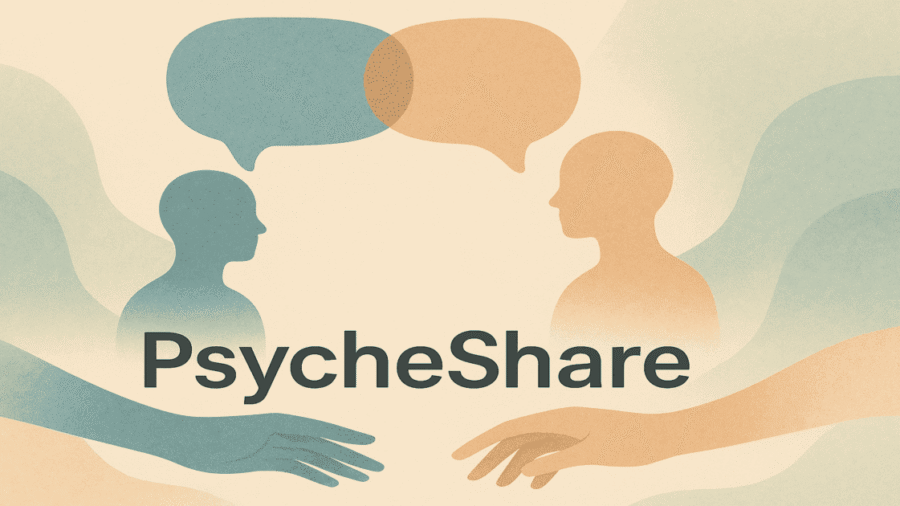Mental health is becoming more widely discussed than ever before, and one method consistently praised for its effectiveness is Cognitive Behavioural Therapy, commonly referred to as CBT. But what exactly is CBT? How does it work, and why is it often the first recommendation by therapists and psychologists? In this post, we will explore the ins and outs of CBT in a clear and practical way, backed by trusted research and real-life applications.
What is Cognitive Behavioural Therapy (CBT)?
Cognitive Behavioural Therapy is a structured, time-limited form of psychotherapy that helps individuals identify and change negative patterns of thinking and behaviour. It is based on the idea that our thoughts, emotions, and behaviours are interconnected. When we change how we think, we can change how we feel and act.
CBT is widely used to treat conditions such as depression, anxiety disorders, post-traumatic stress disorder (PTSD), obsessive-compulsive disorder (OCD), and even insomnia. According to the American Psychological Association, CBT is one of the most evidence-based and effective forms of therapy for a wide range of psychological issues.
How Does CBT Work?
The core idea behind CBT is that distorted or irrational thinking contributes to emotional distress and problematic behaviour. CBT teaches people to:
- Recognize and challenge negative thought patterns
- Replace them with more realistic and positive thoughts
- Develop coping strategies and problem-solving skills
- Practice these skills in real-life situations
For example, someone with social anxiety might constantly think, “Everyone is judging me.” CBT would help the individual test this belief, gather evidence, and replace it with a more balanced thought such as, “Some people may notice me, but that does not mean they are judging me harshly.”
CBT typically involves weekly sessions and homework assignments, where clients practice techniques discussed in therapy. According to the National Health Service (NHS), sessions may be delivered one-on-one, in groups, or even through self-help books and online programs.
Who Can Benefit from CBT?
CBT has proven effective for people of all ages, including children, adolescents, and adults. It is beneficial for:
- Depression: Reduces symptoms by helping individuals stop negative cycles of thinking.
- Anxiety: Teaches individuals how to manage irrational fears and panic responses.
- PTSD: Helps survivors of trauma reframe their thoughts and process distressing memories safely.
- Phobias and OCD: Breaks compulsive patterns and helps regain control over daily life.
- Eating Disorders and Addiction: Encourages healthier thought and behavioural patterns.
The World Health Organization (WHO) recognizes CBT as a first-line treatment for depression and other common mental disorders, especially in settings with limited access to medications or psychiatrists.
Scientific Backing and Real-Life Impact
CBT is backed by decades of scientific research. A meta-analysis published in Psychological Bulletin found CBT to be significantly effective across a wide range of mental health disorders. Studies show it has lasting effects, often continuing to improve mental health even after therapy ends.
Many individuals have found CBT life-changing because it empowers them to take control of their thoughts, face fears, and make practical changes. Unlike some other forms of therapy, CBT is action-oriented, collaborative, and focused on results.
CBT in the Digital Age
Today, CBT is more accessible than ever before. Digital platforms, like online therapy and mobile apps, are helping individuals access CBT-based support from home. Tools like MoodGYM and Woebot are designed using CBT principles and are especially helpful for those who may not have immediate access to a therapist.
Is CBT Right for You?
CBT is a powerful tool, but it is not a one-size-fits-all solution. It works best for individuals who are willing to actively engage in the process, complete assignments, and reflect honestly on their thoughts and behaviours. If you are struggling with mental health challenges and are curious about CBT, speak with a licensed therapist to explore whether it is the right approach for you.



Add a Comment